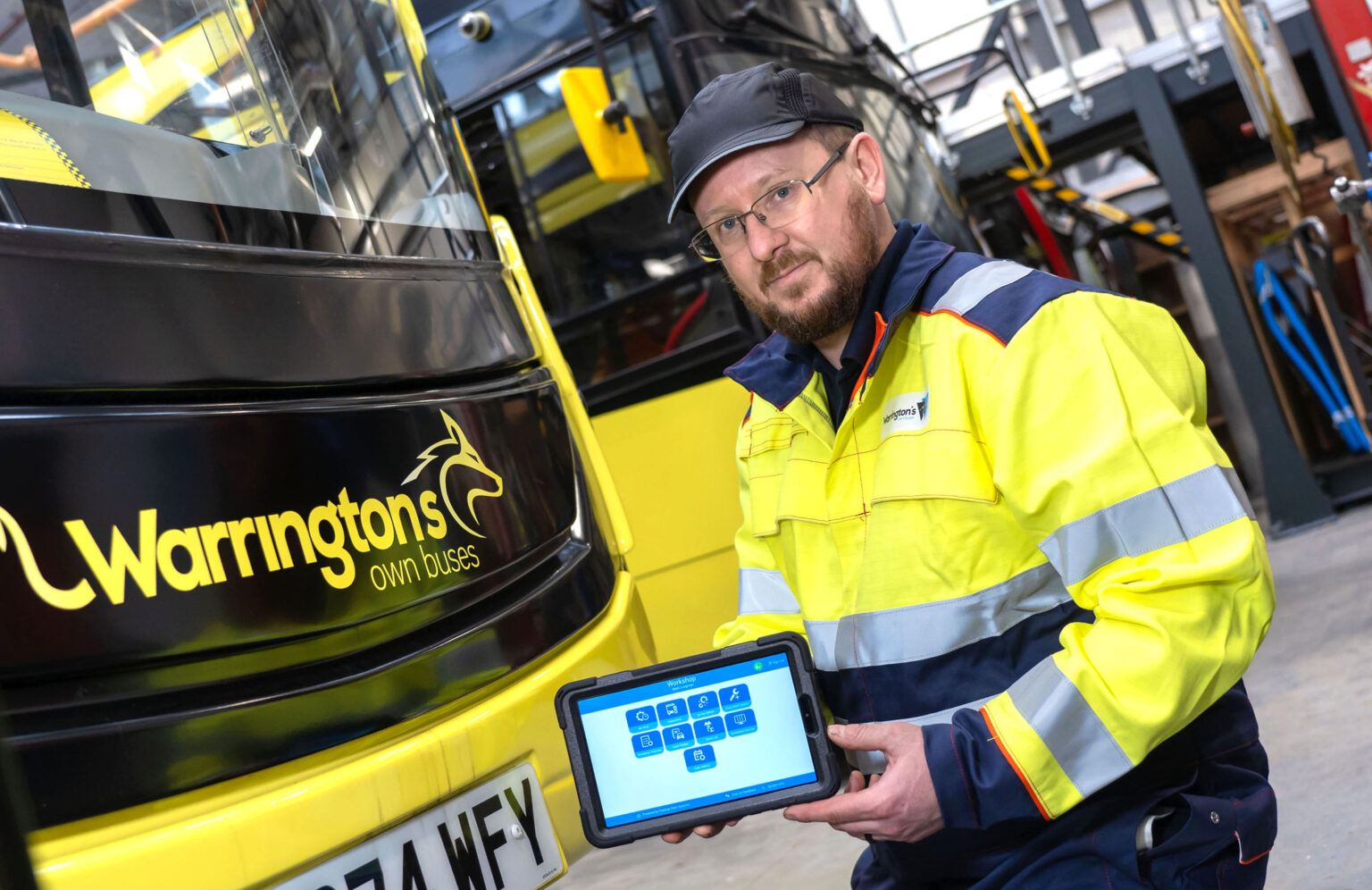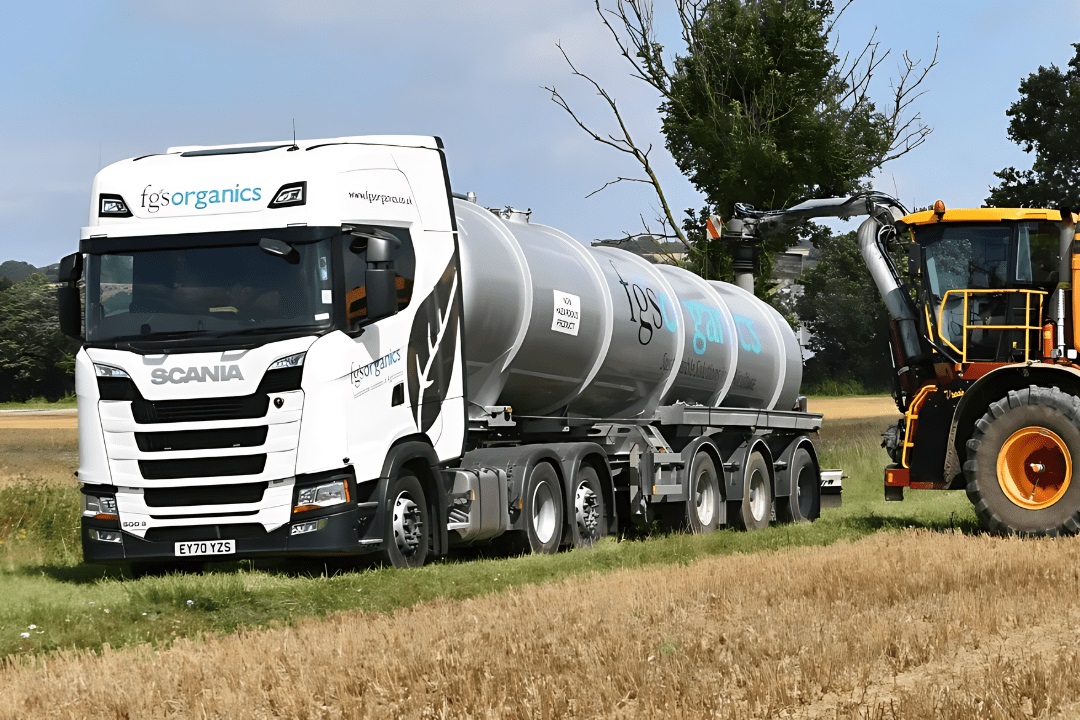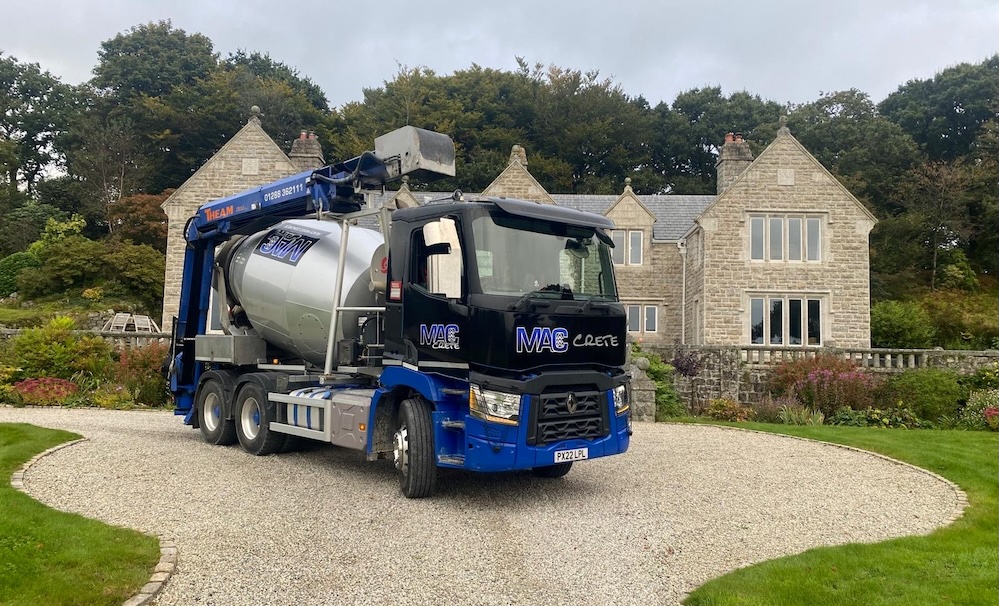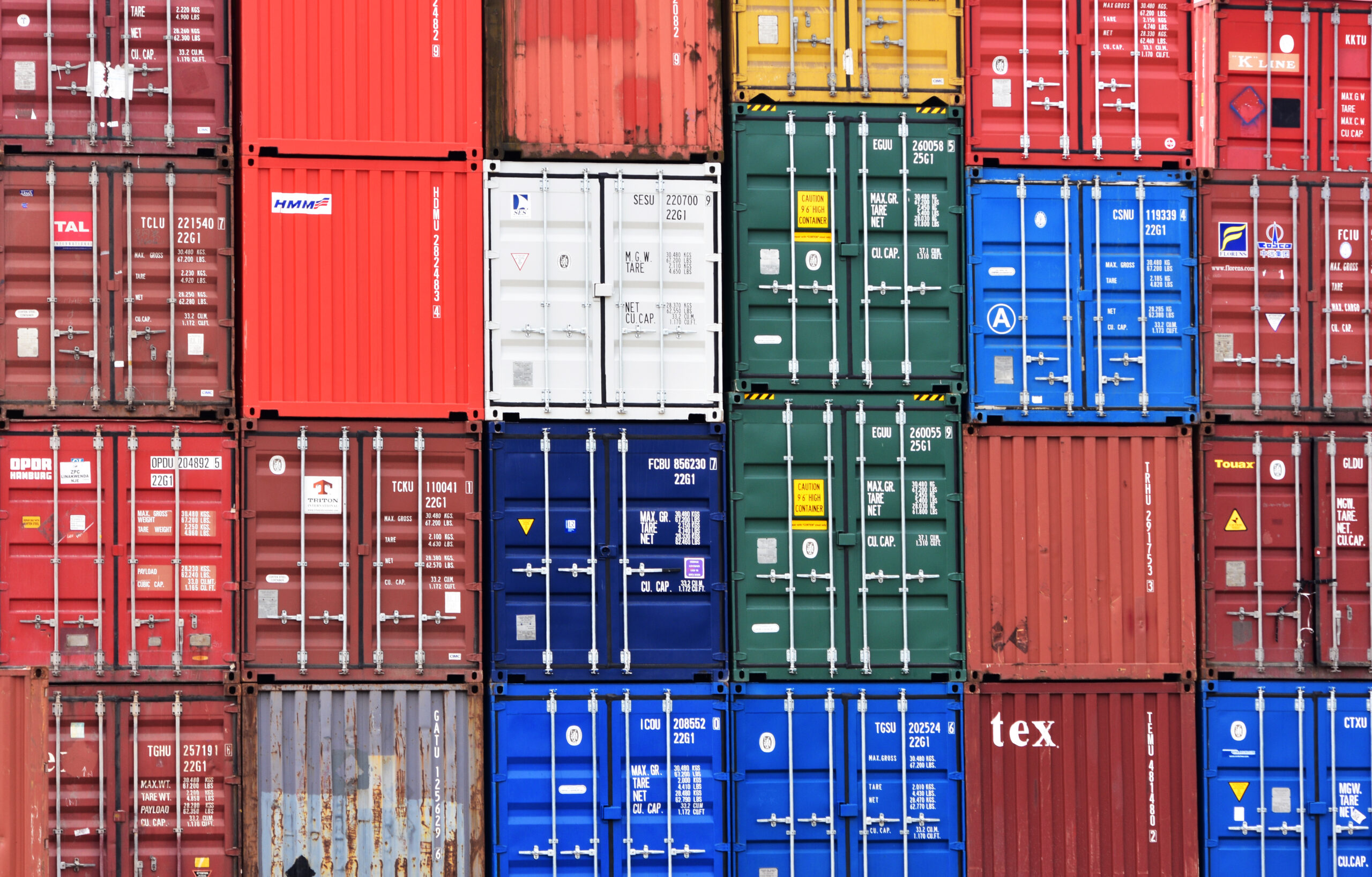
Digital management systems give greater visibility of day-to-day transport operations – and they also help gain time savings, analyse individual vehicle performance, eliminate recurring defects, and control parts and labour costs.
Such systems, therefore, allow operators to accurately pinpoint the costs of running fleets, eliminate paperwork, and promote efficiencies as they grow their businesses.
Warrington’s Own Buses, for example, recently overhauled its fleet management processes with the introduction of a new digital system from Freeway Fleet Systems.
Adopted to manage a new fleet of 105 Volvo electric buses, the system has replaced a largely manual, paper-based system used in engineering.
This has gone hand-in-hand with the construction of an electrified depot, with upgraded facilities and IT infrastructure to enhance bus maintenance, reliability, and customer service.
Technicians at the organisation have been equipped with rugged tablets running a mobile web app, eliminating the need for traditional paperwork.
Warrington’s Own Buses has also integrated all electric bus parts into the Freeway system.
By the time its final diesel bus is retired, stores and purchasing operations will benefit from automated processes, including barcoded bins, auto-replenishment, and real-time tracking of parts performance and costs.
Karl Hutchison, Engineering Director, said: “We are always looking to improve our systems, and we aligned this with the introduction of the new buses.
“Freeway drives improved compliance, and the standout benefit is quality control. We can instantly see what has been done, supported by photographic evidence. The system ensures every job is completed thoroughly, with digital proof to back it up.”
Meanwhile, a new transport-management system (TMS) from Haultech has helped boost cash flow for A&F Haulage, who specialise in the transportation of aggregates and asphalt.
The company operates 230 vehicles from 15 depots across the UK, supporting key infrastructure projects such as Hinckley Point and HS2.

According to HaulTech, its dedicated bulk haulage platform reduces administration processes by up to 80%, and as well as helping to create, assign, and schedule jobs, it makes invoicing faster and more accurate.
The cloud-based TMS offers features from job booking and scheduling through to electronic proof of delivery and invoicing. It works with all pallet network platforms and can work with compliance systems such as Hazchem.
Hammad Majeed, managing director at A&F Haulage, said: “Our legacy system was becoming increasingly hard to use. HaulTech have been great as they link together all aspects of our business from transport planning and management to invoicing.
“One of the biggest ways it has impacted our business is that we can process invoices much faster. Getting those invoices out quickly and in the right format can affect cash flow massively.
“HaulTech made the system bespoke to us, which means it meets all of our business needs. We now have far better productivity because we are using one integrated system. It also gives us great visibility across the entire business.”
FGS Agri, a family-run agricultural business based in Kent, has reported improvements in planning, proof of delivery and visibility since it adopted the Mandata Go TMS.
Managing a mixed fleet of 35 vehicles and engaging in diverse workstreams, including waste transportation and European agricultural work, the growing company had struggled to manage the range of work types in the best way for its customers.
In addition, employees were having to work much harder than they needed to.
Therefore, the company set out to find a system that was not only easy to use, but also provided them with the features they needed, to improve efficiency across all their work types, and enhance customer service.
Mark Russell, the transport manager at FGS Agri said now that the company has the Mandata Go system in place, the transport side of the business is easier to manage.
He added: “We had experience of using a mix of transport management systems, but none were a good fit for our business.

“Even our older drivers have taken to the Manifest app and prefer it over the old process of manually filling out paper tickets, as it’s much quicker and easier for them.
“Planning is quicker, as we can see what work has been assigned, and no longer have to check up with other planning staff, before booking jobs in.”
Cornwall-based Mac Plant Construction has also boosted its fleet efficiency and costs by switching from a paper-based system to AssetGo’s online fleet and driver compliance management system in 2024.
Founded in 1969, the construction company specialises in civil engineering and surfacing, covering the southwest of England, with a fleet comprising two tractor units and two trailers, six mixers, two tippers and a beavertail flatbed.
AssetGo’s software distils fleet management and compliance into simple, everyday checks for drivers, the results of which are highly visible to fleet operators and easily manageable.
The system also addresses core fleet activities such as daily walkaround checks, cost and accident reporting, fuel and expense tracking and tachograph analysis – among other key elements.
Stacey Hallett, Mac Plant’s transport manager, said the AssetGo system was well received by drivers due to its clarity and ease of use, while the ability to monitor the fleet’s defects, fuel and fluid usage – as well as the option to digitally analyse tachographs – has significantly improved transparency.
She added: “AssetGo’s fleet management system has made everything much more transparent, and I have instant access to the information I need.
“It saves time and money too because I don’t need to wait for any physical documents such as defect sheets, everything is just available online.
“It’s not overly complicated yet it covers everything you need. It gives you a clear flow of information, from the defect first being reported to signing it off as complete.
“You can even attach any related invoices, this keeps everything together, such a bonus when auditing.”
With the workplace becoming increasingly digitised, the tendency for transport firms to take this type of fleet management technology as they look to improve efficiency and reduce costs should accelerate over the coming years.


